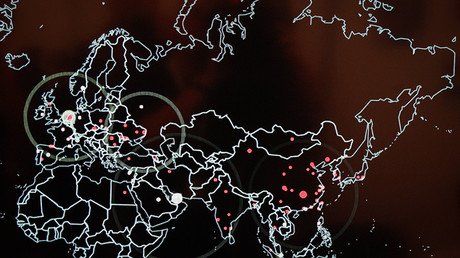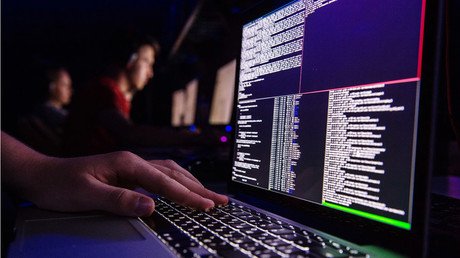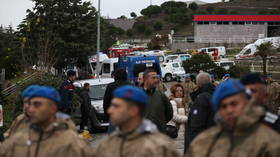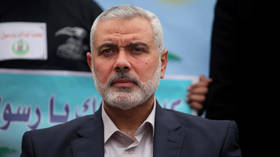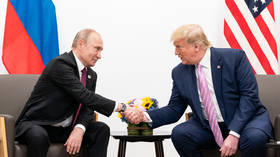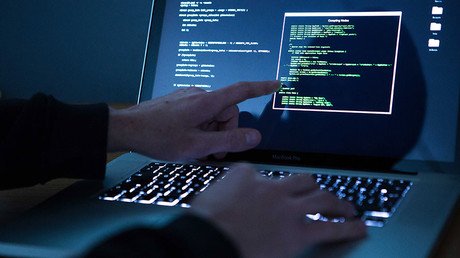Keyboard brigade go: ‘Cyber warriors’ to join US infantry overseas

The US Army is preparing to embed “cyber warriors” within regular infantry units, Pentagon officials said. Claiming that the US has been shackled by laws, military officials vowed to enhance their offensive cyber-warfare capabilities.
Under the new protocol, the army’s cyber soldiers will serve six-month rotations while integrated in infantry units. But unlike their rifle-toting comrades, the keyboard warriors will seek control over the battlefield by “non-kinetic” means.
“Not everything is attack and destroy. How can I influence by non-kinetic means? How can I reach up and create confusion and gain control?” Colonel Robert Ryan, who commands a Hawaii-based combat team, said on Wednesday.
The cyber warriors will tailor operations according to their commanders’ needs, but a standard operation would likely involve dragnet information gathering and intercepting enemy transmissions, according to Colonel William Hartman of the army's Cyber Command.
For the past three years, the army has trained cyber specialists for such operations at a huge center in southern California. Army General Raymond A. Thomas III, chief of US Special Operations Command, said on Wednesday that while responsiveness has improved, “the limiting factor” for America’s cyber warfare capabilities “continues to revolve around policy and process.”
Unlike Russia and China, the United States is “a nation of laws and our process to approve cyber operations in detailed and lengthy,” the general said. Speaking to the Association of the US Army, Thomas argued that commanders on the ground must be given “the ability to employ cyber at the strategic, operational and tactical levels.”
Since appointing its first senior general to direct cyber warfare in 2010, the Pentagon has increasingly viewed cyber warfare as an integral component of America’s war-fighting arsenal.
Cyber Command had previously been a subordinate part of the US Strategic Command, but was elevated it to its own command in August – a sign of its growing importance. In recent months, Washington has accused Russia and China of posing existential threats to US cyber security. In May, Director of National Intelligence Dan Coats accused Russia of being a "full-scope cyber actor" that will remain a “major threat” to the US government.
Moscow, however, says it seeks to demilitarize cyberspace. Speaking to RT in July, Andrey Krutskikh, one of Vladimir Putin’s top communications tech advisors, said that the international community “should agree not to militarize cyberspace, and set some international ground rules.” He added that “when humanity realized the horror of biological weapons, it banned them. We are in the same situation right now. We should avoid the mistakes of the Atomic Age, when we first armed ourselves sufficiently to destroy each other, and then began to disarm.”
On the other hand, a group of NATO members is seeking agreement on new cyber-warfare rules, which would loosen restrictions on using offensive cyber weapons. Reuters reported in November that the United States, Britain, Germany, Norway, Spain, Denmark and the Netherlands are drafting new guidelines which would justify deploying cyber weapons more broadly. The US, Britain, the Netherlands, Germany and France already have established “cyber commands.”
